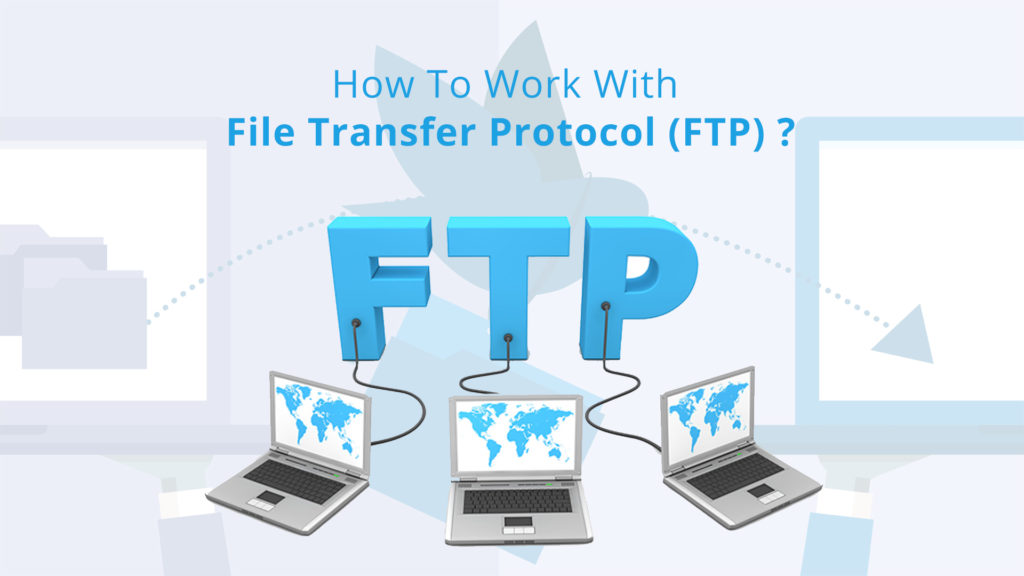If you’re like many people, you probably work from home at least some of the time. However, your internet connection isn’t always up to par. You may find yourself fighting with lag or buffering, or worse – losing your connection.
But what if there was an excellent way to upgrade your internet even faster and more reliably?
Fibre internet is a new type of internet connection that uses fibre optic cables. This delivers high-speed data directly to your home. And unlike traditional cable or DSL, fibre doesn’t rely on phone lines or copper wiring. That means you’ll never experience slowdowns during peak hours.
Let’s explore more of what fibre optic connection can do for you.
Table of Contents
What is fibre internet?
Since the early days, cables have been known as the gold standard for sending details. And while not all households and businesses can take advantage of its benefits yet, fibre connection is becoming more accessible every day.
Fibre internet is a type of broadband connection. It is the used and latest technology when it comes to connectivity.
The fibre-optic cables are thin strands of glass or plastic that send light signals. These signals are then converted into electrical impulses that can be used to carry data. As a result, fibre internet connections can offer up to 1,000 Mbps. That is much faster than most other types of broadband.
Why You Should Switch to Fibre Optic Internet
Are you still using dial-up or a wireless connection for your internet? If so, you’re missing out on some significant benefits of fibre internet.
Here are the top five reasons you need to switch to a fibre optic internet service provider.
1. Faster speeds
Nothing is more frustrating than a slow internet speed. With fibre internet, you get faster speeds than what you’re likely getting with your current provider. Perhaps, expect download speeds up to ten times faster than those traditional connections.
It’s perfect for activities like streaming video or music, gaming and browsing the web. This makes you feel less frustrated and more productive when working from home.
2. Reliability
In addition to being fast, fibre optic internet is also very reliable. With other types, such as DSL or cable internet, your connection can be affected by weather conditions. Likewise, it can be affected by disruptions in the network.
However, because fibre optics use light instead of electricity, they are not as susceptible to these kinds of issues. Fibre optic internet connections are also not subject to electromagnetic interference. This makes them ideal for users that need a stable connection for critical applications.
3. Increased security
Are you worried about cybercrime?
Fibre optic cables are much more challenging to tap into than copper cables. This makes it harder for hackers to eavesdrop on your connection or intercept your data.
Aside from that, fibre provides enhanced security features to keep your information. It is more secure than those traditional, making it ideal for online shopping and banking.
However, it’s important to remember that no type of connection is 100% secure. The best way to keep your details safe is to use a combination of security measures. This includes a strong password, a trusted VPN, and up-to-date anti-virus software.
4. Increased bandwidth
Copper cables are limited in their ability to carry data. And as a result, fibre-based connections can offer much higher speeds. This is important for businesses that rely on large amounts of data transfer, such as video streaming or online backup services.
Fibre can handle significantly more bandwidth than other types of connections. This makes it perfect for households with multiple devices connected at once.
5. Easy to install
Many people are worried that installing a new type of internet, like fibre, will be difficult. However, another benefit of fibre optic cable is that it is relatively easy to install.
In most cases, you’ll need a standard screwdriver and some patience. But if you don’t know the installation process, here’s a quick overview:
- First, a technician will come to your home or business to assess. They will check whether you have the proper infrastructure in place. If you don’t, they’ll work with you to set it up.
- Next, they’ll install a fibre internet connection to the nearest distribution point from your building.
- Finally, they’ll connect your devices to the network. Plus, test the connection to ensure everything is working correctly.
Overall, the installation process for internet connectivity is pretty straightforward. However, it’s always a great idea to consult with your fibre optic internet providers. Once the installation is complete, enjoy all the benefits of this internet.
In Conclusion
Fibre internet service is becoming increasingly popular for a good reason. It offers some impressive benefits that can improve your life and work.

